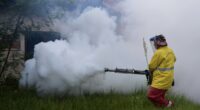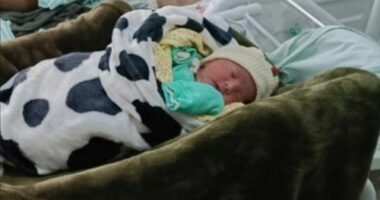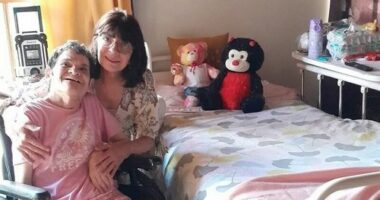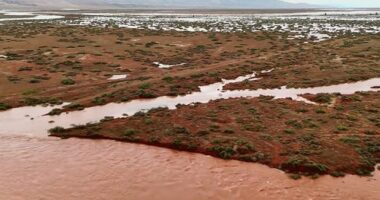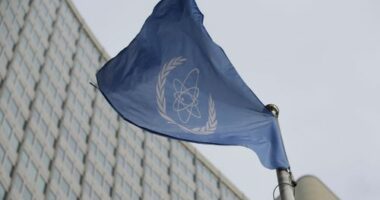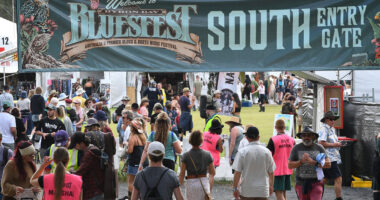Share this @internewscast.com
Their joy upon conceiving soon turned to sorrow when their daughter June, diagnosed with a terminal condition, was lost at 14 weeks.

Rhea Abraham identifies as a bereaved mother and has transformed her grief into advocacy for CALD women facing fertility challenges and pregnancy loss. Source: Supplied
In the years that followed, Rhea experienced multiple miscarriages and underwent IVF.
“The stigma attached to not being able to bear a child was insurmountable.”
A need for better care
“In some migrant communities, patients are more hesitant to utilize donor services, potentially leaving them unable to start families and ending up childless. This can also result in marital strain for some migrant couples due to the intense pressure to start a family.”
“It may discourage them from seeking treatment or discussing issues with their GPs because of cultural biases. These couples may find themselves without information or direction to begin fertility treatment. This also implies that some couples may have underlying medical conditions impacting fertility that remain untreated or undiagnosed, as they are not offered suitable solutions.”
Australia’s IVF success rate has steadily improved
That same year, more than 20,000 babies were born from IVF treatment, accounting for one in every 18 babies born in Australia.
This leaves a significant evidence gap when it comes to understanding who is accessing fertility treatment and who is missing out.
More barriers for migrant women
Scientific director at Connect IVF, Lauren Hiser, says clinics have a role to play in bridging that gap.
